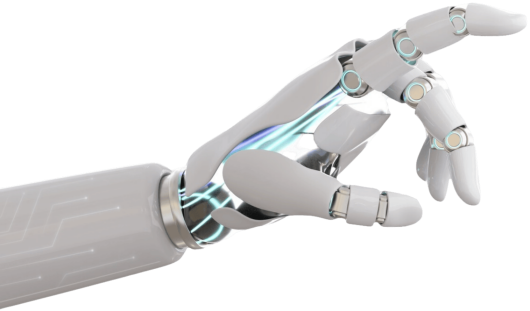
Path planning is crucial for robotics, particularly in navigating dynamic environments with moving obstacles, a challenge that remains only partially addressed in the existing literature. This study aims to improve the movement of nanorobots by tackling the challenges related to the planning of the optimal routes for navigating the common paths used in factory settings. The analyzed model sets important control settings and employs advanced control systems, like an optimal linear quadratic regulator and a well-damped lead-lag controller, to ensure the nanorobot’s precise positioning. The proposed system integrates a unique kind of particle swarm optimization, specifically the hybrid weighted quantum particle swarm optimization (WQPSO) with fuzzy logic to enhance the nanorobot motion control and optimize the route planning in uncertain conditions. By leveraging the principles of quantum computing, particle swarm optimization, and fuzzy logic, the aim of this paper is to boost the efficiency and adaptability of path planning algorithms. The results of the rigorous experiments which were carried out demonstrate the hybrid method’s effectiveness in enabling nanoscale robots to navigate in environments with complex and randomly occurring obstacles. This paper shows that using the hybrid WQPSO and fuzzy logic can help control the movement of nanorobots accurately, which leads to an important progress in their ability to move autonomously at the nanoscale.
Hybrid Weighted Quantum Particle Swarm Optimization, Fuzzy Logic, Nanoscale Robotics, Motion Control, Path Planning, Random Environmental Obstacles.
Praveen MURUGAIAH, Dhandapani SAMIAPPAN, Bharathiraja NAGU, "Optimizing Motion in Nanoscale Robotics: A Hybrid WQPSO-Fuzzy Logic Approach for Dynamic Path Planning", Studies in Informatics and Control, ISSN 1220-1766, vol. 34(2), pp. 65-76, 2025. https://doi.org/10.24846/v34i2y202506